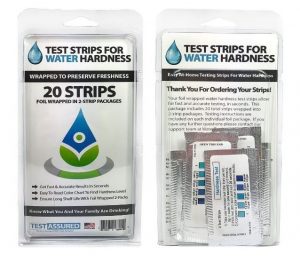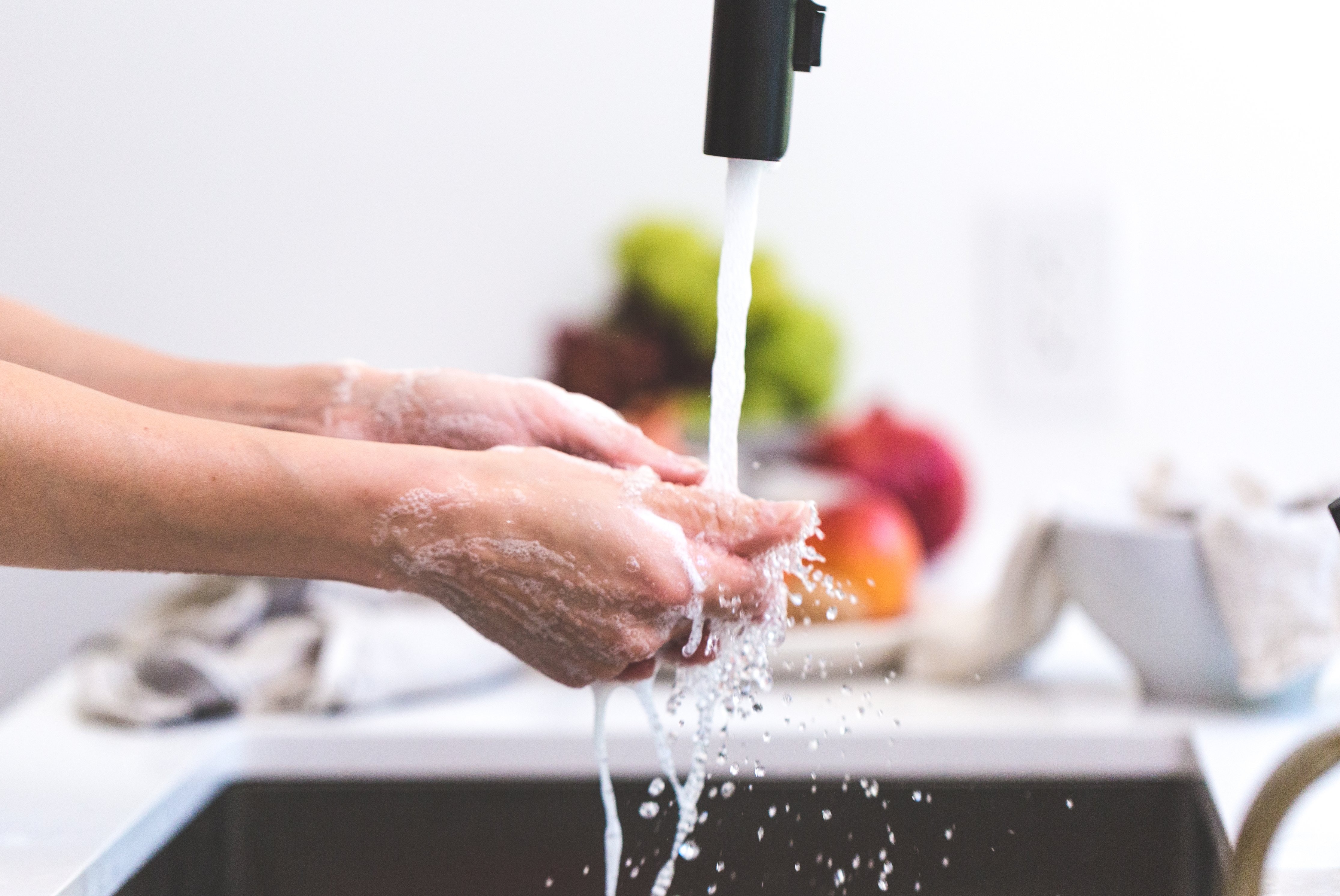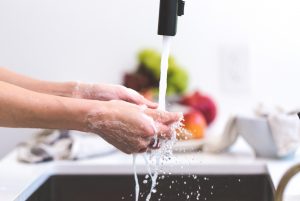What Is Hard Water?
When people talk about water quality, one of the factors that is often mentioned is hardness. As water travels through the ground, it picks up small amounts of sediment from soil and rocks. Two of the most common minerals that easily dissolve to form hard water are calcium and magnesium. These are the minerals that are responsible for the hardness of water. The higher the content of calcium and magnesium, the harder the water.
The hardness of your water often depends on your location. Between 75-85% of Americans have hard water in their homes. Homes in the central United States have some of the hardest water. Coastal states have some of the softest water. Water hardness is measured in grains per gallon (GPG).
| Hardness Level Description | Grains Per Gallon (GPG) |
|---|---|
| Extremely Hard Water | Over 14 GPG |
| Very Hard Water | 10-14 GPG |
| Hard Water | 7-10 GPG |
| Moderately Hard Water | 3-7 GPG |
| Slightly Hard Water | 0-3 GPG |
Hard Water Causes Film and Soap Scum
Typically, you cannot tell if your water is hard by looking at it or smelling it. However, you may notice that it interferes with your daily cleaning. The minerals in hard water affect how soaps and detergents work, making it harder to clean dishes, clothes, sinks, tubs, and even your hair.
When soap mixes with hard water, it makes the water softer by removing the minerals from the water. This mixture creates a film that is hard to remove. It also reduces the suds created by the soap, making it less effective. Dishes cleaned with hard water dry to a dull or spotty finish. Sinks and tubs often have a hard-to-remove film making them look dirty. Cloths lose their brightness and softness. Hair feels sticky or greasy after washing.
Costly Effects of Hard Water
Hard water can also affect your pipes, faucets, and appliances. As the calcium and magnesium accumulate, they can leave an unsightly crust around fixtures. This buildup can clog pipes, reducing water flow and eventually requiring pipes to be replaced. Over time, hard water also causes costly damage to water-using appliances.
Testing for Hard Water
If your water comes from a public source, you can contact your water company and request the results of their water tests to find out hardness levels. For those who have private wells, you may wish to contact your local health department for information about testing. If they do not have a testing laboratory, they should be able to direct you to a facility that tests water samples for private citizens. Most comprehensive water test results include the level of hardness of your water.
It is also possible to perform an at-home test to determine the hardness of your water. This is an inexpensive option that can provide results in a matter of minutes. TestAssured offers a hard water test kit that is easy to use and will show you the hardness level of your water from 0 grains up to 24 grains. All you have to do is dip the test strip into your water sample for one second. Let the strip develop for 10 seconds and then place it on the results color chart to determine the hardness level.

Is Hard Water a Health Hazard?
Although there are many contaminants that make water unsafe to drink, calcium and magnesium do not pose any known health risks. In fact, there are people who feel that these minerals offer certain health benefits because the additional calcium and magnesium are part of a healthy diet. There are even some studies that show a link between drinking hard water and a lower risk of cardiovascular disease.
How to Treat Hard Water
Although hard water does not pose a health risk, it is often considered a nuisance. There are a number of ways you can treat your water to make it softer. This will increase the lifespan of your water-using appliances and the plumbing in your home.
Many people opt to use chemical-based water softeners to control water hardness. There are two different kinds of softeners, precipitating and non-precipitating. Precipitating water softeners use washing soda and borax, while non-precipitating water softeners are made up of complex phosphates. As water moves into the softener tank, the calcium and magnesium ions are removed through a process called ion exchange. This leaves behind water with a slightly higher salt content, but minus the calcium and magnesium.
If you don’t want to invest in a water softener, but you don’t like the taste of hard water, an inexpensive solution is a water filter. You can improve the taste of hard water with a filtration pitcher or a faucet water filter. Both are available in an assortment of styles and sizes with different filters and features. Basic models start around $20 and will filter out the hard water minerals as well as chlorine and other contaminants.
Determining If You have Hard Water
Hard water is not dangerous to drink, but it can be a costly nuisance. The hardness of your water will vary depending on your water source and where you live. TestAssured’s Water Hardness Test strips are a simple and affordable way to find out just how hard your water is.


